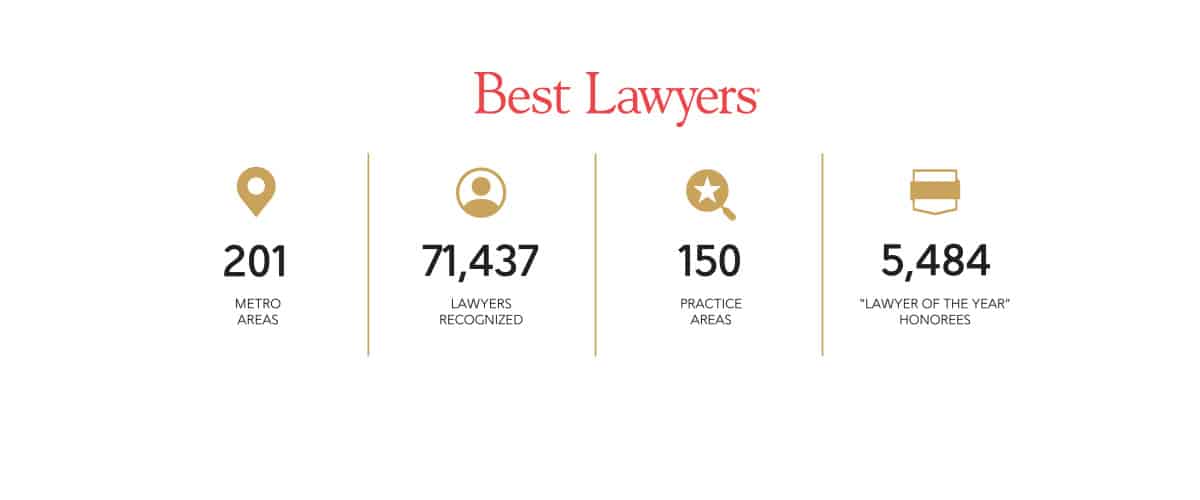When someone gets injured at a Franchise or by one of its employees, can the Franchisor be held liable for a Franchisee’s Negligence?
In a recent Pennsylvania case, a Domino’s pizza franchisor was held liable for a $2.3 million jury verdict in favor of a motorcycle crash victim who was injured by a negligent Domino’s franchisee delivery driver.
This case sheds light on Vicarious Liability and how to successfully sue a Franchisor.
What is Vicarious Liability and Why is it Important?
Vicarious liability is a legal doctrine that holds one party (Principal) responsible for the negligent actions of another party (Agent), based upon their relationship. Vicarious Liability is important in catastrophic injury cases because suing the alleged Principal can provide the accident victim additional compensation through the insurance coverage or assets of the Principal.
This Vicarious Liability concept is particularly significant in Franchise relationships, where Franchisors typically argue they are not responsible for the day-to-day operations of Franchisees. Franchisors often claim that the lack of control should negate any claim of Vicarious Liability.
However, a recent Pennsylvania Superior Court case, Coryell v. Domino’s Pizza LLC, provides a key example of how a Franchisor can be held liable for injuries caused by a Franchisee’s employee.
What Happened in the Recent Domino’s Pizza Case?
The case arose from a devastating motorcycle accident involving Clarence David Coryell. In July 2016, Steven Morris, a delivery driver for Robizza, Inc., a Domino’s Pizza Franchisee, made a negligent left turn, colliding with Mr. Coryell. The collision resulted in catastrophic injuries, ultimately leading to amputation of Coryell’s leg after multiple surgeries.
Cornell sued not only Morris (Delivery Driver) and Robizza (Franchisee) but also Domino’s Pizza LLC (Franchisor), arguing that Domino’s exercised such significant control over Robizza’s operations that it should be held vicariously liable for the accident. Domino’s, in contrast, claimed that its control over Robizza was limited to protecting its brand and ensuring product consistency, not day-to-day management.
The Legal Battle Over Vicarious Liability
The key question before the Court was whether Domino’s exercised enough control over Robizza to be considered legally responsible for its Franchisee’s negligence.
In Pennsylvania, a Franchisor can be held vicariously liable if it controls the “physical conduct in the performance of the service” of the Franchisee. In simpler terms, if the Franchisor dictates not just the outcome (e.g., high-quality pizza) but also the precise manner in which the Franchisee runs its business (e.g., employee training, delivery procedures, and customer service practices), then it may be responsible for the Franchisee’s actions.
During the trial, evidence showed that Domino’s dictated many aspects of Robizza’s operations beyond brand protection, including:
• Hiring and training procedures: Domino’s required Robizza to follow strict training programs.
• Operational policies: Domino’s set extensive rules on how the store must function, from cleaning schedules to customer service protocols.
• Delivery standards: The jury heard testimony that Domino’s exercised control over how deliveries were made, which was central to the accident at issue.
Ultimately, the jury found that Domino’s had either exercised or had the right to exercise sufficient control over Robizza, making the Franchisor vicariously liable for the crash. The verdict resulted in a judgment of over $2.3 million against Domino’s, Robizza, and the delivery driver.
Why this Domino’s Case Matters to Accident Victims and their Lawyers
For accident victims and Pennsylvania Personal Injury Lawyers, this case highlights an important legal avenue for securing full compensation. Franchisees often operate as small businesses with limited insurance coverage and assets. However, Franchisor’s like Domino’s have significantly greater financial resources and additional insurance policies. If a Franchisor can be held vicariously liable, an injured party has a much better chance of recovering full and fair compensation.
Key Takeaways Regarding Vicarious Liability of Franchisors
- Injury victims and their lawyers should consider whether a Franchisor, not just the Franchisee, can be held responsible for their damages.
- Franchisees should be aware that despite being labeled as independent businesses, the extent of control exerted by the Franchisor may impact liability.
- Franchisors should ensure that their franchise agreements and operational policies do not overreach into day-to-day management if they wish to avoid vicarious liability. In the alternative, Franchisors should increase their liability insurance coverage to protect their assets from potential claims of Vicarious Liability.
If you have questions about Pennsylvania Personal Injury Claims or how Vicarious Liability might apply, contact Tim Rayne, at 610-840-0124, [email protected] or TimRayneLaw.com for a free consultation.


